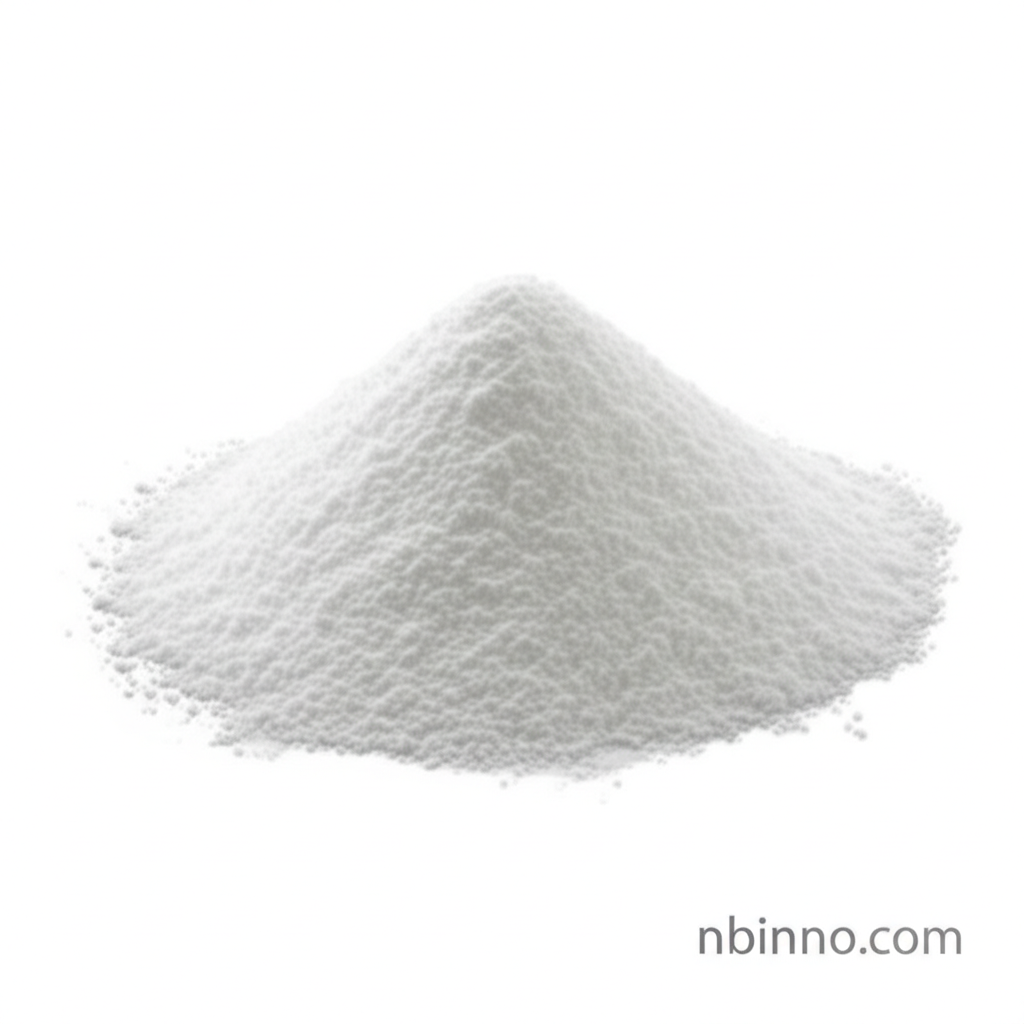Phenibut: Understanding Its Properties, Applications, and Effects
Explore the multifaceted nature of Phenibut, from its chemical makeup to its reported effects.
Get a Quote & SampleProduct Core Value

Phenibut
Phenibut is a synthesized gamma-aminobutyric acid (GABA) analog that acts as a GABAB receptor agonist and also influences voltage-gated calcium channels. It's known for its anxiolytic and stimulant-like effects, making it a subject of interest in cognitive enhancement and anxiety management.
- Learn about phenibut powder effects and its primary applications.
- Understand the importance of buying phenibut online safely to ensure product quality.
- Explore the recommended phenibut dosage for anxiety and how it influences user experience.
- Research the potential phenibut withdrawal symptoms to be aware of the risks associated with its use.
Key Advantages
Anxiolytic Properties
Phenibut is widely recognized for its potential to reduce anxiety, offering a calming effect that may aid in stress reduction, aligning with the broader goals of understanding anxiety supplements.
Cognitive Support
Users often report enhanced focus and alertness, contributing to its reputation within the nootropic compound research sphere for cognitive enhancement benefits.
GABA Analog Action
As a GABA analog, it influences neurotransmitter systems, offering insights into the neuroscience of cognitive enhancers and the mechanisms of mood enhancement.
Key Applications
Anxiety Management
Investigate the phenibut hydrochloride uses in managing various forms of anxiety and its place in discussions about pharmaceutical intermediates.
Sleep Support
Explore its use as a sleep aid, a topic relevant to dietary supplement safety concerns and understanding the market for sleep-enhancing compounds.
Nootropic Use
Delve into the phenibut nootropic benefits and its role in the burgeoning field of cognitive enhancers, providing detailed chemical property information.
Scientific Research
Understand the basic chemical properties of 4-amino-3-phenylbutanoic acid for research purposes, contributing to the broader knowledge base in pharmaceutical chemistry.
